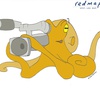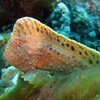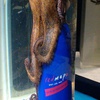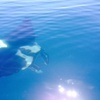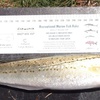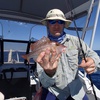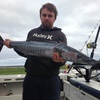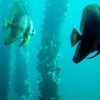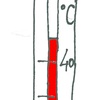
Glacier melting past point of no return
Scientists from NASA and the University of California Irvine are warning that a group of melting glaciers in West Antarctica appear to have reached the point of no return, writes ABC's The World Today. Professor Eric Rignot talks to ABC radio about the 20 years of satellite data that maps the retreat of the glaciers. Read more here.


